Tourette Syndrome is a neuropsychiatric disorder. It causes people to have tics. They may take the form of involuntary movements, repetition of words (often obscene ones – swearing, rapid blinking of the eyelids, and sniffling or clearing the throat. The patient performs all these activities involuntarily. Under favorable circumstances, the patient can stop the tic, but after a short time, it reappears, often with increased intensity.
The causes of Tourette syndrome![]() are not fully known. Scientists believe that the disease has a genetic basis and may develop due to disorders in the metabolism of neurotransmitters, specifically dopamine.
are not fully known. Scientists believe that the disease has a genetic basis and may develop due to disorders in the metabolism of neurotransmitters, specifically dopamine.
The risk factors include:
This disease often co-occurs with other disorders, such as:
The first symptoms of Tourette syndrome![]() appear in childhood or teenage years (between 5 and 10 years of age).
appear in childhood or teenage years (between 5 and 10 years of age).
Tics![]() are characteristic symptoms of Tourette syndrome
are characteristic symptoms of Tourette syndrome![]() . They are involuntary, although the patient can stop them under certain conditions. People usually know that they are about to develop a tic.
. They are involuntary, although the patient can stop them under certain conditions. People usually know that they are about to develop a tic.
Tics are recurrent, uncontrollable, violent, and stereotyped movements or sounds unrelated to natural motor activity. If tics involve only one muscle group, we are dealing with simple tics (e.g., squinting, nose twitching), and if they occur in the form of voluntary movements, such as jumping, kicking, sniffing, or touching, we are talking about complex tics.
Another group is vocal tics, and similarly here, those involving single sounds (coughing, blowing) are simple tics, while tics in the form of words or even entire sentences are complex.
Particularly troublesome are those repeating words or sentences after others (echolalia) and shouting obscene content that violates social norms (coprolalia).

To sum up, we can divide tics into:
Tics in Tourette syndrome may be similar to those in other disorders![]() , like:
, like:
Factors that reduce their severity include: sleep, activities requiring concentration and motor coordination (cycling, playing a musical instrument), and physical exercise. Factors that increase the severity of tics include emotional arousal, including experiencing stress, tension, excitement, fatigue, menstruation, poor health, and disease states (e.g., infections). Tics may also be made worse by certain types of food, talking about tics, and when the patient is alone. The same situations, depending on the patient, may be a factor reducing or increasing the severity and frequency of tics.
The occurrence of a tic is preceded by a non-specific, unpleasant feeling of discomfort or tension (e.g., tingling, itching, burning, feeling of warmth, thought of having to perform a tic), i.e., a so-called warning signal (premonitor urge) in the part of the body where in a short time a tic occurs (e.g., itching in the throat preceding a vocal tic, tingling sensation in the hands before straightening the fingers afterwards).
A characteristic feature is the temporary ability to deliberately refrain from the tic, which is associated with increasing anxiety and discomfort related to the perception of warning signals. Warning signs usually do not appear (or are difficult to detect) in children before the age of 8–10 years of age, as well as before the occurrence of tics that are performed automatically (e.g., blinking eyelids, pursing the mouth into a snout). Perceived as unpleasant and bothersome, the sensations described above disappear immediately after the tic occurs, causing relief.
Various behavioral disorders types are also observed in Tourette syndrome, often even more severe for the patient than tics. Most often, patients also suffer from psychomotor hyperactivity![]() , obsessive-compulsive disorders
, obsessive-compulsive disorders![]() , and sleep disorders
, and sleep disorders![]() .
.
People with Tourette syndrome may also suffer from depression and anxiety disorders![]() or experience behavioral disorders (e.g., outbursts of anger and aggression).
or experience behavioral disorders (e.g., outbursts of anger and aggression).
The diagnosis of Tourette syndrome can only be made by a doctor based on the analysis of the symptoms described by the patient and observations of the patient in the office. Therefore, if you notice the above-described signs, you should consult your family doctor.
The first symptoms of Tourette syndrome appear in childhood, which is why the parents of a child or teenager usually seek medical help at this stage. It is also significant to carefully observe the patient before consulting a doctor, with particular emphasis on the frequency of tics, their nature, and the causative factors. Usually, the patient is aware of their symptoms, does not deny them, considers them very bothersome in everyday life, and seeks help.
The condition can only be diagnosed by a doctor![]() who examines the patient and analyzes their reported symptoms. Therefore, the doctor first collects a detailed history (including information regarding past head injuries, medications taken, and diseases occurring in the family) from the patient and people from their environment and then examines the patient.
who examines the patient and analyzes their reported symptoms. Therefore, the doctor first collects a detailed history (including information regarding past head injuries, medications taken, and diseases occurring in the family) from the patient and people from their environment and then examines the patient.
Then, depending on the suspected cause, the doctor refers the patient to additional tests and consultations with a neurologist and a psychiatrist.
Most often, an in-depth psychological examination is additionally recommended due to the need to assess possible disorders in the patient's social functioning, impairment of higher mental functions such as speech or learning, and to exclude mental tics.

There is a tendency to consider all tic disorders as one disease entity and all disease syndromes as expressions of various severity of symptoms.
According to the ICD-10 classification![]() , tics can be divided into the following disease syndromes:
, tics can be divided into the following disease syndromes:
| F95.0 Transient tics disorder | A. Single or multiple motor or vocal tics (or both) occur numerous times a day on most days for at least four weeks. B. The disorder lasts 12 months or less. C. There are no symptoms of Tourette syndrome in the interview, and the disorder is not the result of a bodily condition or medication side effects. D. Onset before age 18. |
| F95.1 Chronic motor or vocal tics | A. Motor or vocal tics, but not both, occur multiple times a day on most days over at least 12 months. B. There were no remissions lasting longer than two months during this year. C. There are no symptoms of de la Tourette's syndrome in the interview, and the disorder is not the result of a bodily condition or side effects of medication. D. Onset before age 18. |
| F95.2 Combined vocal and multiple motor tic disorder (de la Tourette) | A. Multiple motor tics and one or more vocal tics occurred at some time during the disorder, but not necessarily simultaneously. B. Tics have occurred many times a day, almost every day, for more than a year, with no remission lasting more than two months in a given year. C. Onset before age 18. |
| F95.8 Other tic disorders | |
| F95.9 Tic disorder, unspecified | No residual category is recommended for disorders that meet general criteria for tics but cannot be specific or do not meet standards F95.0, F95.1, and F95.2. |
After diagnosing Tourette syndrome, a neurologist or psychiatrist decides on treatment; the specialist must consider the severity of symptoms, comorbidities, and the patient's general functioning.
The treatment process should begin with psychoeducation![]() and cover the patient and his immediate surroundings. The topics that specialists should discuss include:
and cover the patient and his immediate surroundings. The topics that specialists should discuss include:
Behavioral treatment![]() models assume that tics in Tourette syndrome are a neurobehavioral disorder, i.e., they have a genetic basis but are perpetuated by learning mechanisms. It is believed that tics are always preceded by discomfort, and the relief from performing a given activity perpetuates it, contributing to its repetition.
models assume that tics in Tourette syndrome are a neurobehavioral disorder, i.e., they have a genetic basis but are perpetuated by learning mechanisms. It is believed that tics are always preceded by discomfort, and the relief from performing a given activity perpetuates it, contributing to its repetition.
The main goals of behavioral methods are to replace the tic with a competitive activity and to gradually extend the time interval between the triggering stimulus (e.g., a stressful situation) and the tic occurrence, which is attempted by working with exposure to the triggering stimuli.
These actions allow you to gradually fade out the reinforcements and get used to the discomfort that precedes the occurrence of tics. Among the various methods, conditioning management and functional analysis (allowing the identification of all preceding stimuli, using reinforcements during periods when tics do not occur, and ignoring emerging tics), as well as cognitive-behavioral therapy, have research-proven effectiveness.
In some patients, the disease is mild enough. Its course allows for proper functioning and does not require treatment. It also happens that it is not tics but co-occurring symptoms such as aggression, hyperactivity, or depression that are the most troublesome and require treatment.
Pharmacological treatment![]() aims to alleviate bothersome symptoms and improve functioning; currently, no drugs allow full recovery.
aims to alleviate bothersome symptoms and improve functioning; currently, no drugs allow full recovery.
To alleviate the intensity of tics, the specialist may suggest using neuroleptics. However, these medicaments have several side effects, the greatest danger of which are hormonal disorders, metabolic disorders, and tardive dyskinesia, so each case requires an individual assessment of the potential benefits and losses from the implementation of treatment. Another type of commonly used drug is selective D2 receptor inhibitors.
A benzodiazepine may also be used in short-term treatment due to its rapid action and a significant risk of developing addiction with long-term use.

The disappearance of motor symptoms does not mean complete recovery. Emotional disorders are an equally important part of the disease, so the patient should be under the constant care of a psychologist. A patient with Tourette syndrome must be aware of the purposefulness of psychotherapy and methods of independently coping with increasing tension. A significant issue is the education of people around the patient, especially teachers of children with Tourette syndrome, due to the repression that may be unjustly applied to them at school.
People with Tourette syndrome should remember that tics are intensified by factors such as high ambient temperature, stress, or fatigue, so it is crucial to lead a balanced lifestyle and set aside adequate time for rest.
It is not possible to determine specific methods of preventing the disease. The most important is early identification of symptoms of Tourette syndrome, especially in school-age children whose education and contact with peers may be disturbed by the occurrence of embarrassing motor and vocal tics, as well as difficulties in concentrating attention, which may result in exclusion from the peer group and lack of in education.
Table of Contents
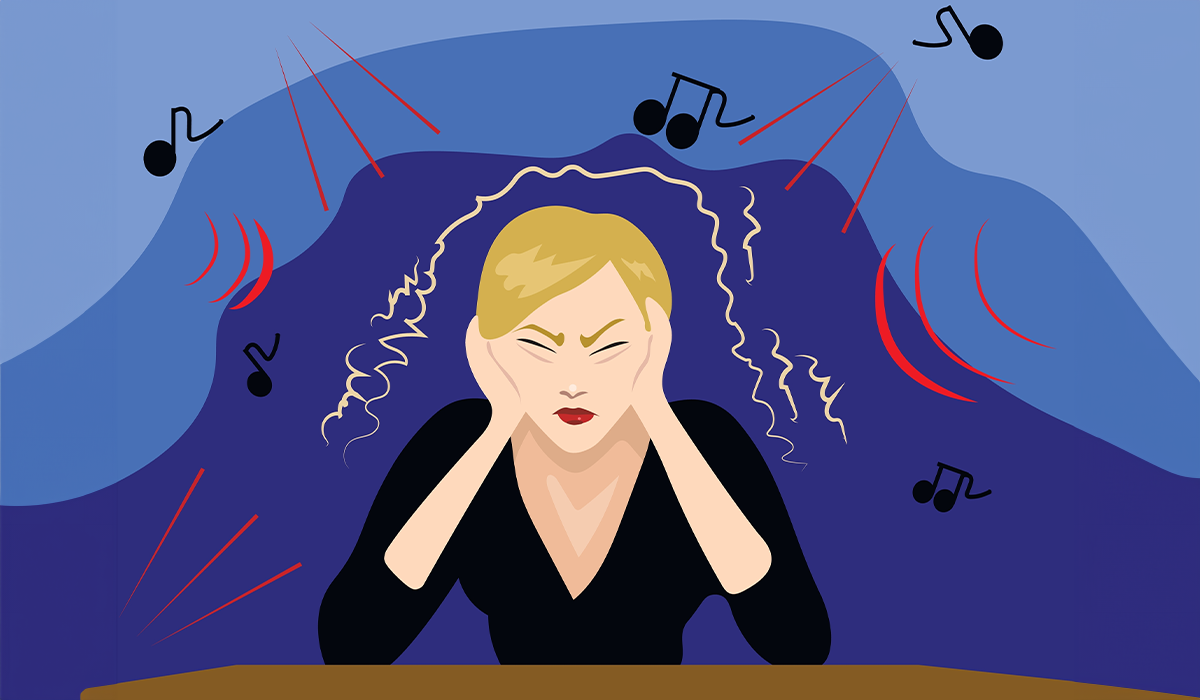
Misophonia is an inappropriately strong reaction to specific sounds. It occurs in many disorders. Learn about the meaning of misophonia… read more »
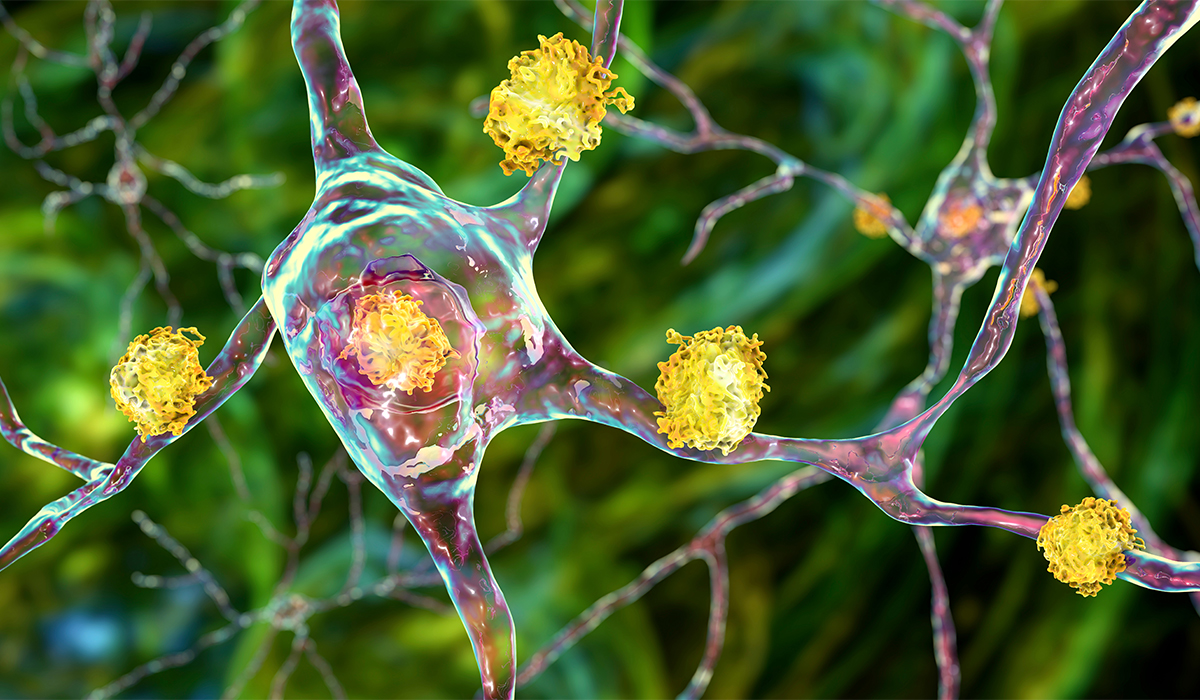
Huntington's disease is genetically determined. No effective cure has yet been developed, but research into modern treatments is ongoing. Learn… read more »
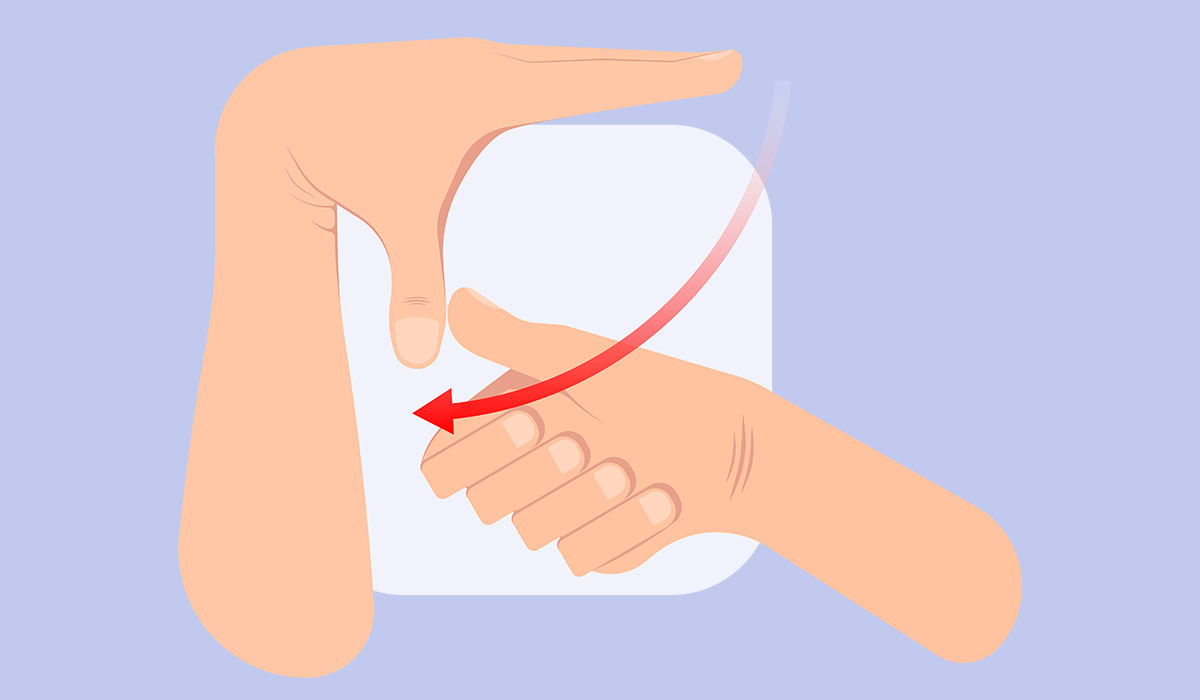
Ehlers-Danlos Syndrome is a group of diseases with a genetic basis. Learn all the symptoms associated with EDS. Find out… read more »
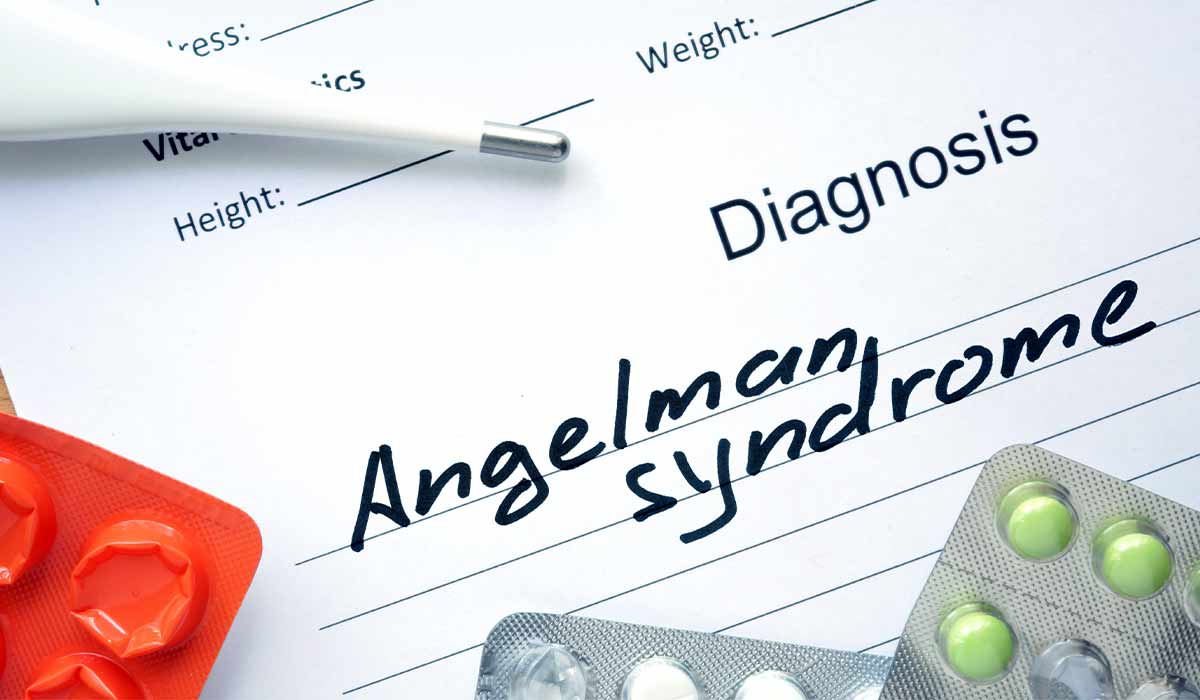
Angelman syndrome is a neurogenetic disorder that is often misdiagnosed. Find out what the characteristic symptoms are and learn about… read more »
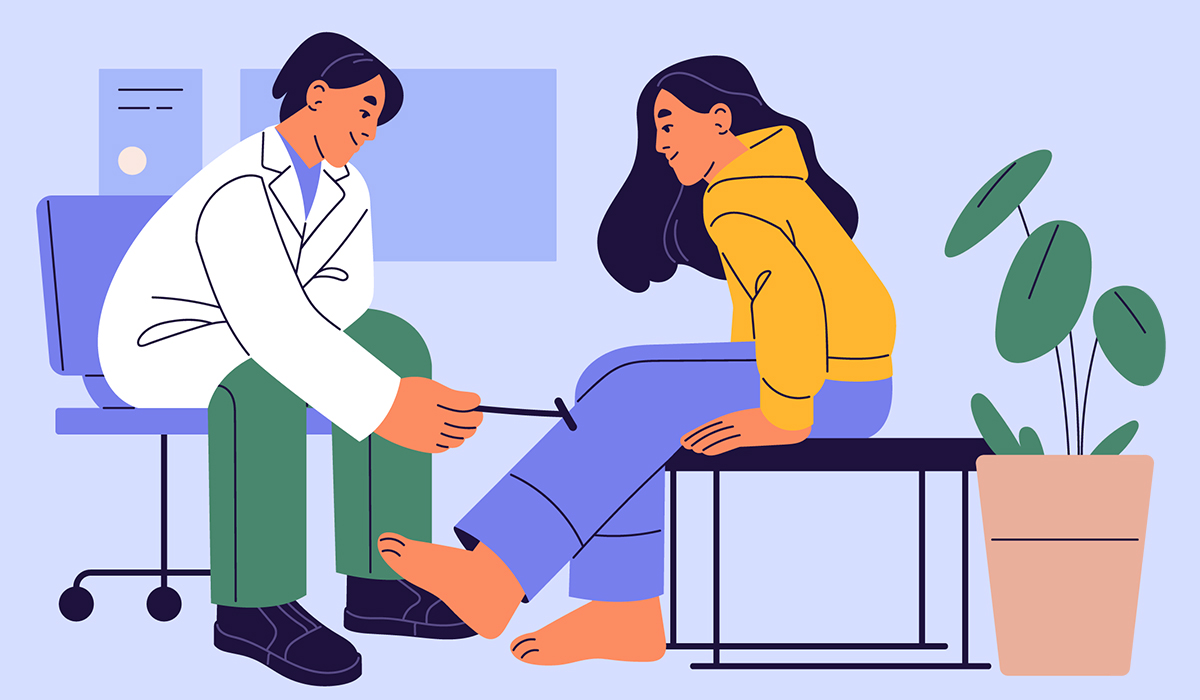
A neurologist is a medical doctor who specializes in diagnosing, treating, and managing disorders of the nervous system. read more »
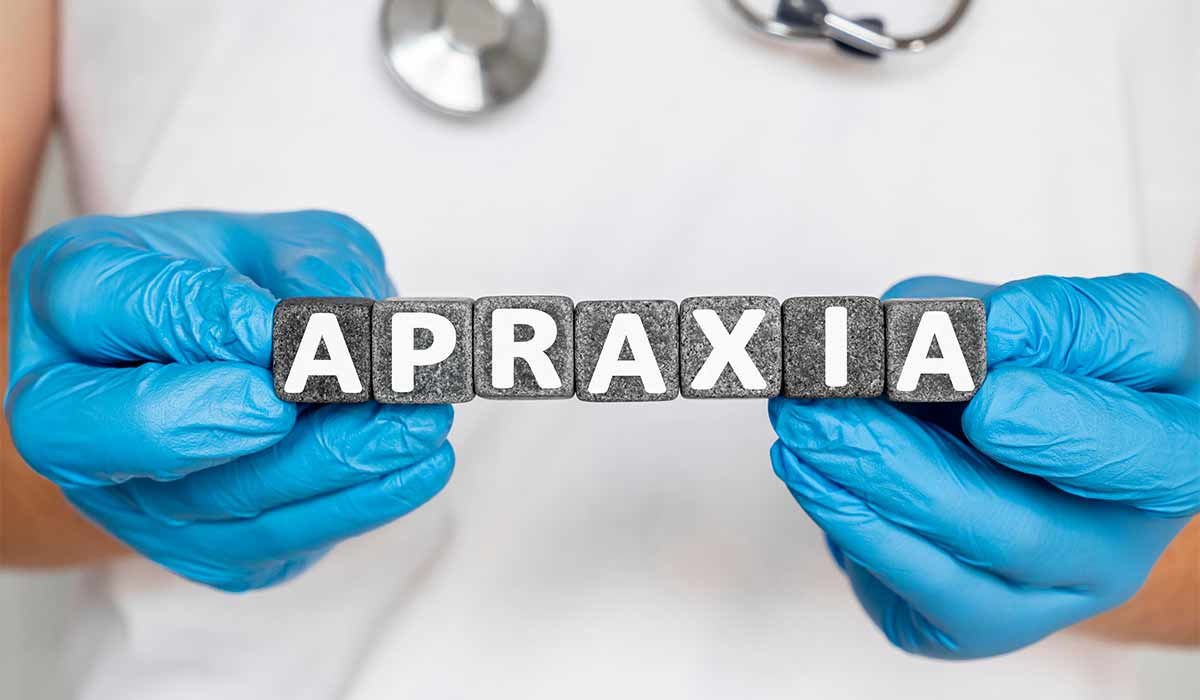
Apraxia is a neurological disorder. It is the inability to perform known movements or activities on command. How can it… read more »
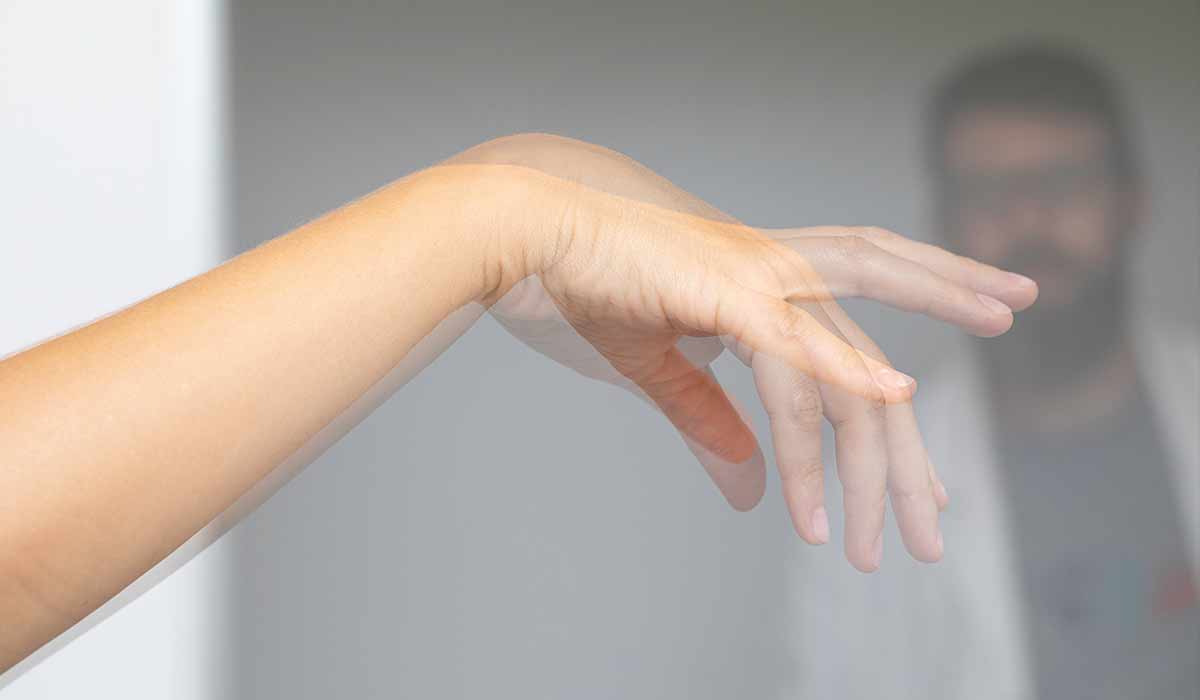
Ataxia is a motor coordination issue when individuals struggle with exact movements, holding the correct posture, or having standard walking… read more »

Dyspraxia is a perceptual and motor dysfunction manifested by developmental coordination disorders. How does it manifest itself? What is the… read more »
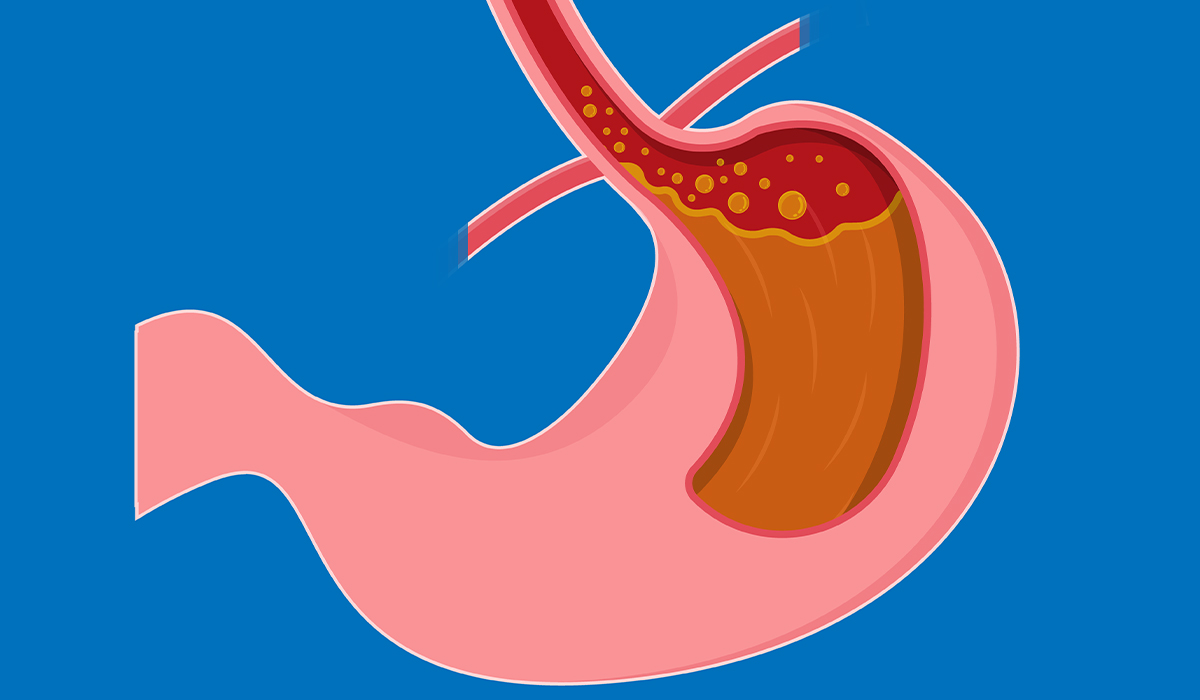
Zollinger-Ellison Syndrome is a condition that can cause uncharacteristic symptoms. Treatment is important as the disease can be fatal. Learn… read more »